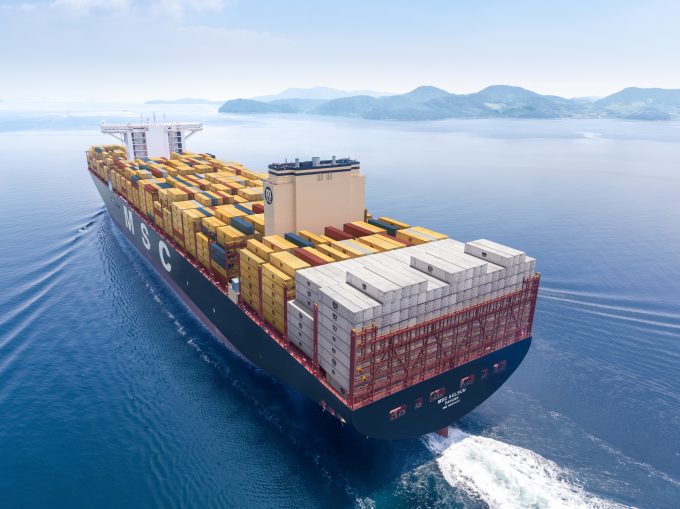Grey expectations: a methanol-LNG dichotomy
In September 2023, Mærsk took delivery of its first methanol-fuelled container vessel, Laura Mærsk, the ...

Another containership fitted with an exhaust gas cleaning system (scrubber) is added to the global fleet every 10 hours, according to Alphaliner data.
However, the race to get scrubbers retrofitted on ships ahead of IMO 2020 regulations on 1 January has resulted in a significant extension of the budgeted ...
CMA CGM South Korean staff strike over bonuses after bumper 2024 profit
MSC switches two more Asia-Europe port calls from congested Antwerp
Ports and supply chain operators weigh in on funding for CPB
Nightmare for Bangladeshi exporters as congestion and tariffs bite
Carriers introduce surcharges as congestion builds at African ports
Box ship overcapacity threat from carrier appetite for new tonnage
CMA airline returns two freighters, while ANA takeover of NCA looms
Tradelanes: Export boom in Indian sub-continent triggers rise in airfreight rates

Comment on this article